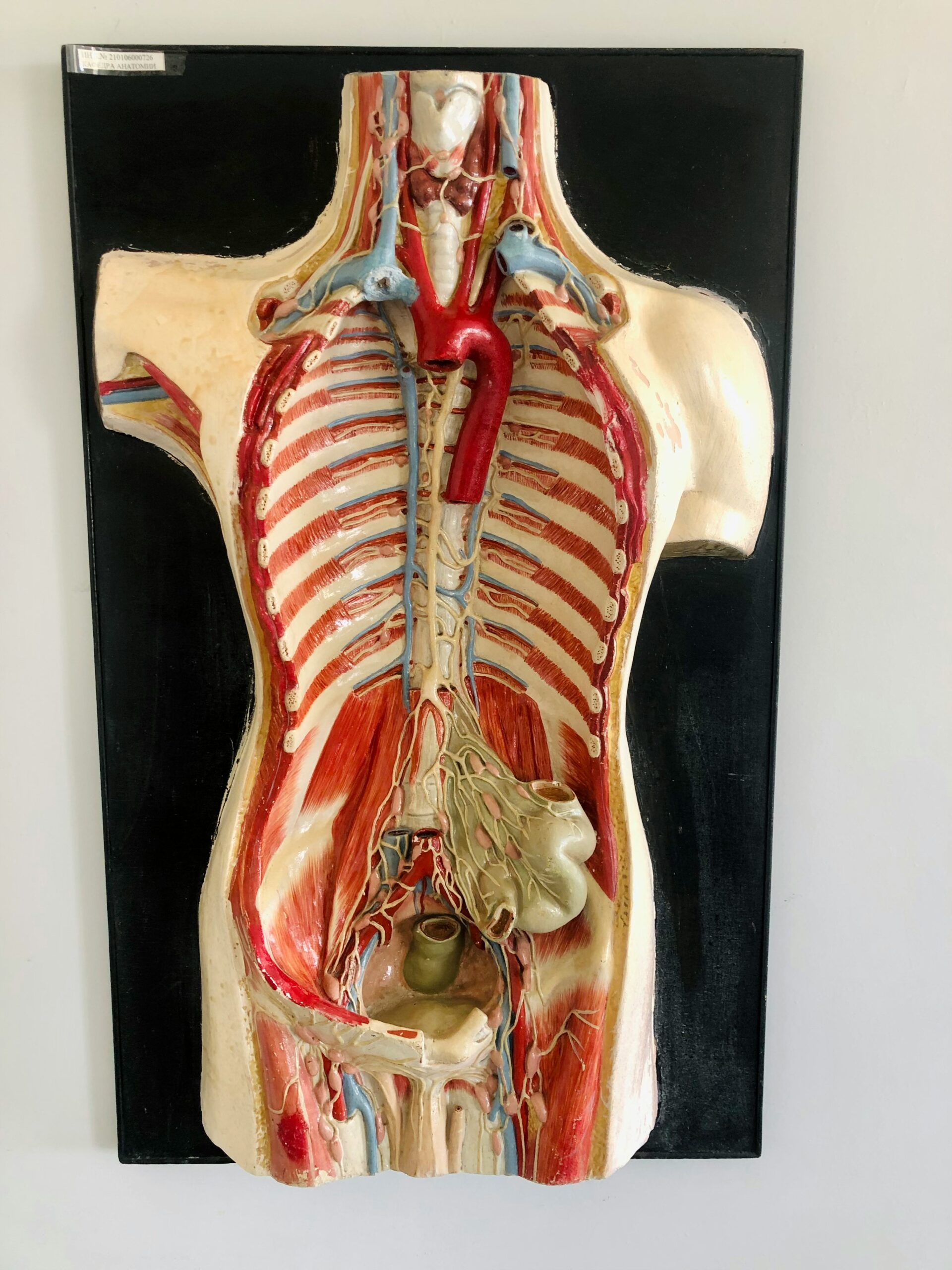The Effects of Quitting Coffee on Your Body
Quitting coffee can have various effects on your body, both positive and negative.

Photo by Nathan Dumlao on Unsplash
The Effects of Quitting Coffee on Your Body
Numerous studies have delved into the impact of coffee’s components on the human body, yielding often conflicting findings. For countless individuals, coffee serves as a vital ally in navigating the day.
However, there may come a time when you decide to quit drinking coffee. Whether it’s due to health concerns, wanting to reduce caffeine intake, or simply wanting to try something different, quitting coffee can have various effects on your body.
1. Withdrawal Symptoms
When you stop drinking coffee, you may experience withdrawal symptoms. This is because caffeine is a stimulant that affects the central nervous system. Some common withdrawal symptoms include headaches, fatigue, irritability, difficulty concentrating, and even flu-like symptoms. These symptoms usually start within 12 to 24 hours after your last cup of coffee and can last for a few days to a week.
2. Improved Sleep
Caffeine can interfere with your sleep patterns, especially if you consume it later in the day. By quitting coffee, you may notice an improvement in your sleep quality. Without the stimulating effects of caffeine, you may find it easier to fall asleep and stay asleep throughout the night. This can lead to feeling more refreshed and energized during the day.
3. Increased Hydration
Coffee is a diuretic, which means it can increase urine production and potentially lead to dehydration. By cutting out coffee, you may find that you are better hydrated. This can have positive effects on your overall health, including improved digestion, clearer skin, and better kidney function.
4. Balanced Blood Pressure
Caffeine has been known to temporarily raise blood pressure levels. By quitting coffee, you may experience a more balanced blood pressure. This can be particularly beneficial for individuals who already have high blood pressure or are at risk for cardiovascular issues. However, it’s important to note that if you abruptly stop consuming caffeine, you may experience a temporary increase in blood pressure due to withdrawal symptoms.
5. Less Acid Reflux
Coffee is acidic and can contribute to acid reflux or heartburn in some individuals. If you have been experiencing these symptoms, quitting coffee may provide relief. By eliminating coffee from your diet, you may notice a decrease in acid reflux and a reduction in related symptoms such as chest pain, regurgitation, and a sour taste in the mouth.
Quitting coffee can have various effects on your body, both positive and negative. While you may experience withdrawal symptoms initially, such as headaches and fatigue, you may also notice improvements in sleep quality, hydration levels, blood pressure, and acid reflux.
It’s important to listen to your body and make changes that align with your health goals. If you decide to quit coffee, be prepared for the potential side effects and give yourself time to adjust to the changes.









